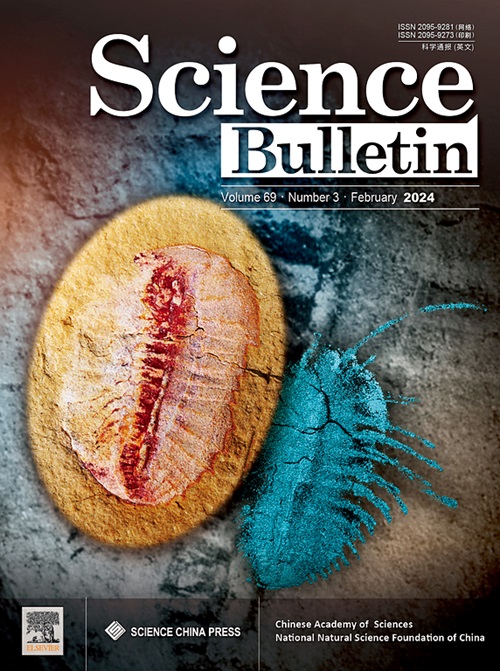Persistent Wnt signaling affects IVF embryo implantation and offspring metabolism
IF 21.1
1区 综合性期刊
Q1 MULTIDISCIPLINARY SCIENCES
引用次数: 0
Abstract
Assisted reproductive technology (ART) is associated with increased implantation failure and subsequent metabolic abnormalities in offspring, but the underlying mechanisms remain largely elusive. Here, we reveal that persistent Wnt signaling during the peri-implantation stage may be a key obstacle to the implantation of in vitro fertilization (IVF) embryos in a mouse model. Wnt activation affects the deposition of H3K27ac and H3K27me3 on pluripotency genes and bivalent genes, respectively, leading to the abnormal naïve-primed transition and suppressing expression of Otx2 in the epiblast. Furthermore, treatment with the Wnt inhibitor IWP2 promotes the redistribution of histone modifications and gene expression of epiblast. Importantly, Wnt inhibiting significantly improves implantation and intrauterine development of IVF embryos and subsequently ameliorates offspring metabolic abnormalities. Moreover, Wnt inhibiting markedly improves human peri-implantation embryo development and facilitates the transition from a naïve pluripotency state. Our study reveals a novel mechanism underlying the prevention of IVF embryo implantation failure and metabolic disorders in offspring.
持续的Wnt信号影响IVF胚胎着床和子代代谢。
辅助生殖技术(ART)与增加着床失败和后代随后的代谢异常有关,但潜在的机制在很大程度上仍然难以捉摸。在这里,我们揭示了在植入期持续的Wnt信号可能是体外受精(IVF)胚胎在小鼠模型中植入的关键障碍。Wnt激活分别影响H3K27ac和H3K27me3在多能基因和二价基因上的沉积,导致外胚层naïve-primed过渡异常,抑制Otx2的表达。此外,用Wnt抑制剂IWP2治疗可促进外胚层组蛋白修饰的重新分布和基因表达。重要的是,抑制Wnt可显著改善体外受精胚胎的着床和宫内发育,并随后改善后代的代谢异常。此外,抑制Wnt显著改善了人类着床期胚胎的发育,促进了naïve多能状态的转变。我们的研究揭示了一种预防体外受精胚胎着床失败和后代代谢紊乱的新机制。
本文章由计算机程序翻译,如有差异,请以英文原文为准。
求助全文
约1分钟内获得全文
求助全文
来源期刊

Science Bulletin
MULTIDISCIPLINARY SCIENCES-
CiteScore
24.60
自引率
2.10%
发文量
8092
期刊介绍:
Science Bulletin (Sci. Bull., formerly known as Chinese Science Bulletin) is a multidisciplinary academic journal supervised by the Chinese Academy of Sciences (CAS) and co-sponsored by the CAS and the National Natural Science Foundation of China (NSFC). Sci. Bull. is a semi-monthly international journal publishing high-caliber peer-reviewed research on a broad range of natural sciences and high-tech fields on the basis of its originality, scientific significance and whether it is of general interest. In addition, we are committed to serving the scientific community with immediate, authoritative news and valuable insights into upcoming trends around the globe.
 求助内容:
求助内容: 应助结果提醒方式:
应助结果提醒方式:


